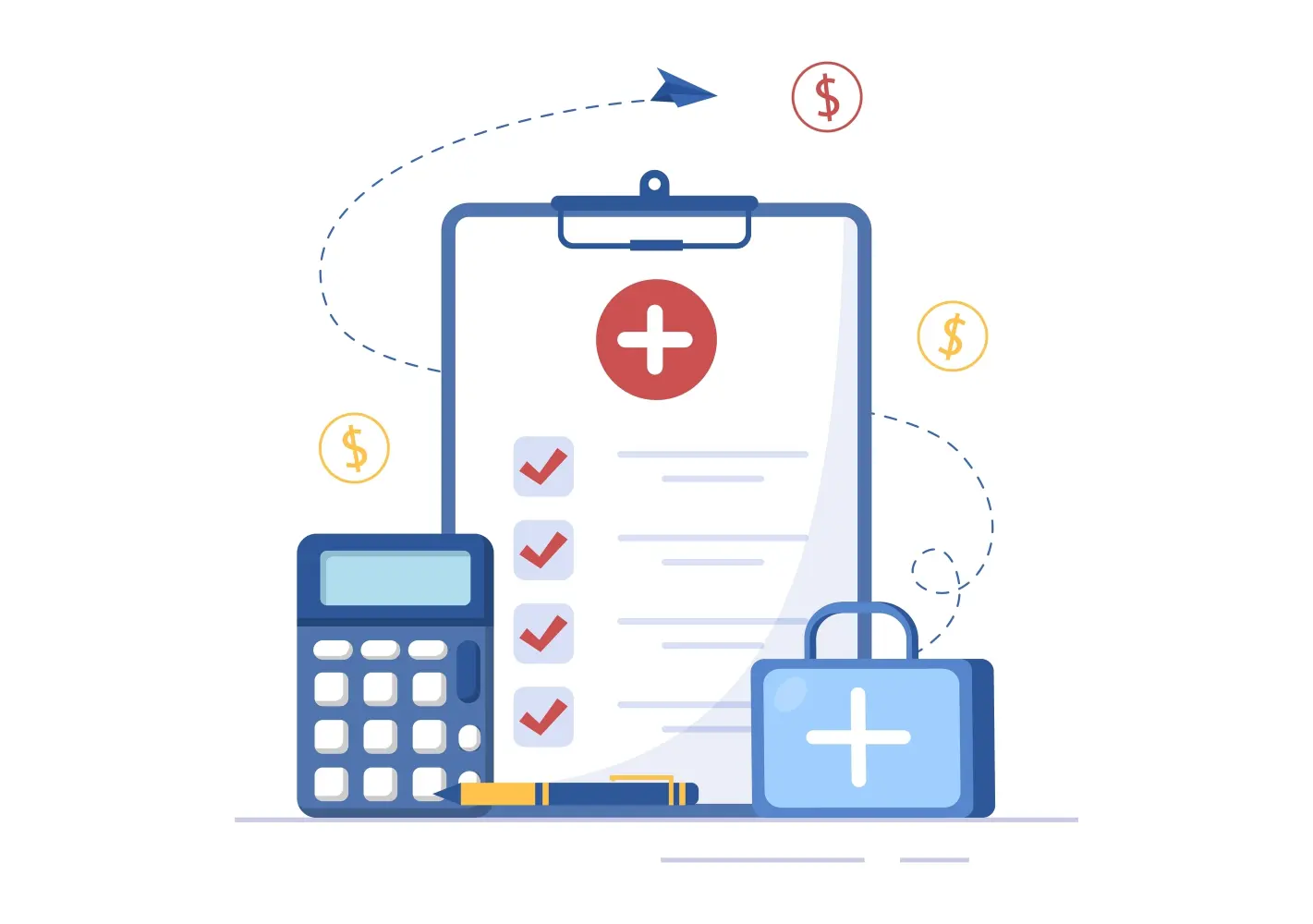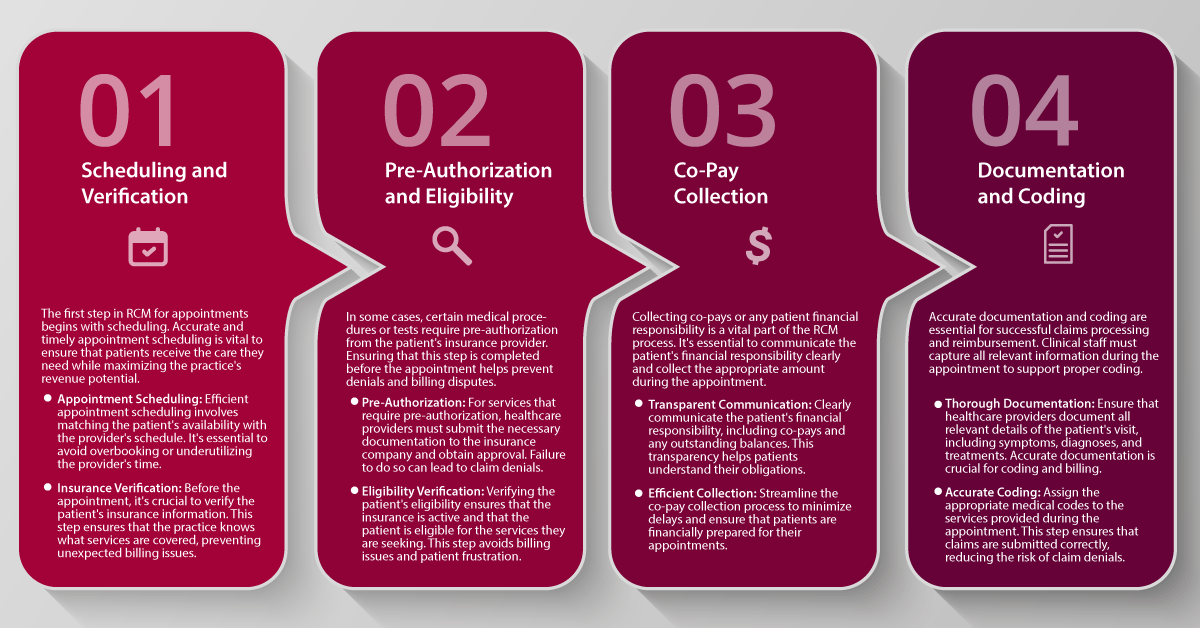Unlocking Progress: Mastering the 3 Pillars of Denial Reduction
In the ever-evolving landscape of modern business, denial can be a silent killer. Whether it's refusing to acknowledge flaws in a process, turning a blind eye to technological inefficiencies, or denying the need for organizational change, denial can stifle growth and innovation.










